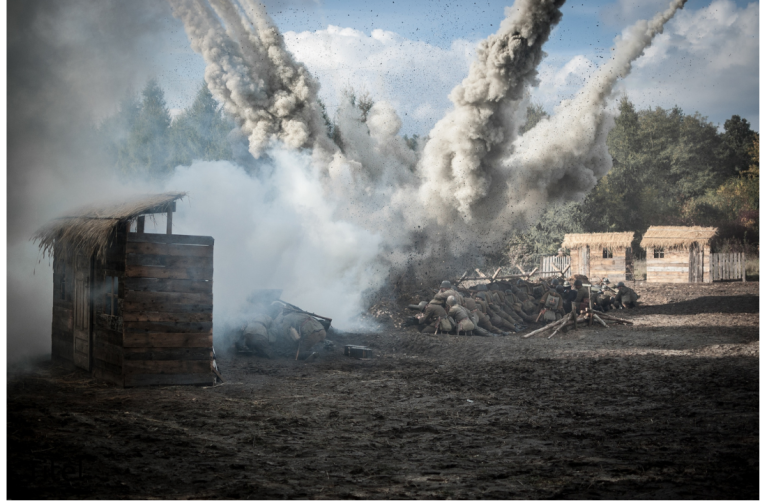Red Cross concerned: reintroduction of anti-personnel mines would be a worrying step backwards for humanitarian law

Several European countries are publicly considering reconsidering their support for the international ban on anti-personnel mines. Belgian Red Cross-Flanders expresses concern about this. "The reintroduction of anti-personnel mines would represent a dramatic step backwards in the protection of civilians during conflicts. This touches the foundations of humanitarian law," said Floor Van den Eijnden, expert in International Humanitarian Law at Belgian Red Cross-Flanders.
Belgium as a pioneer
Belgium played a pioneering role worldwide in the fight against anti-personnel mines. In 1995, our country was the very first to ban anti-personnel mines by law. Two years later, this led to the international Ottawa treaty, which today has been signed by 165 countries. The treaty prohibits the use, production, storage and transfer of anti-personnel mines.
A weapon that causes casualties long after the war
Anti-personnel mines primarily kill civilians, often years after a conflict is over. By 2023, 84% of mine victims worldwide were civilians, including a remarkable number of children. "The idea that you deploy a weapon of war that continues to do its deadly work long after soldiers have left is incompatible with international humanitarian law. That always leads to civilian casualties, you can't control it enough" said Van den Eijnden.
Troubling signals
The Red Cross points to recent signs that countries are again trying to justify the military relevance of anti-personnel mines. That reasoning ignores decades of scientific and military analysis. "Modern technologies are available today that are much more efficient and less harmful. Landmines are a relic of another time - with devastating effects on human lives," Van den Eijnden said.
Not just killing and maiming
In addition to their human toll, these types of mines also hinder the rebuilding of communities. Roads, fields and infrastructure remain unusable for years due to explosives contamination. This holds entire regions hostage and delays economic and social revival.
Treaties under pressure: a dangerous precedent
On the International Day of Attention to Mines, Belgian Red Cross-Flanders calls for international treaties to be respected and strengthened. "If states were to return to the use of anti-personnel mines now, we risk setting a dangerous precedent in which humanitarian principles will come under pressure," said Van den Eijnden.
What are anti-personnel mines and why are they banned?
What are anti-personnel mines?
Anti-personnel mines are small explosives that are hidden in the ground and go off as soon as someone steps on them or touches them. They do not distinguish between soldiers and civilians and often remain active for years - even long after the end of a conflict. They therefore pose a continuing risk to children, farmers and ordinary civilians trying to return to their home areas.
Why are they banned?
Anti-personnel mines cause prolonged, blind and disproportionate human suffering. They often kill and maim innocent civilians and make reconstruction and safe living after wars extremely difficult. That is why the Ottawa Convention has prohibited the use, production, stockpiling and transfer of these weapons since 1997. Worldwide, 165 countries have pledged never to use these weapons again.
